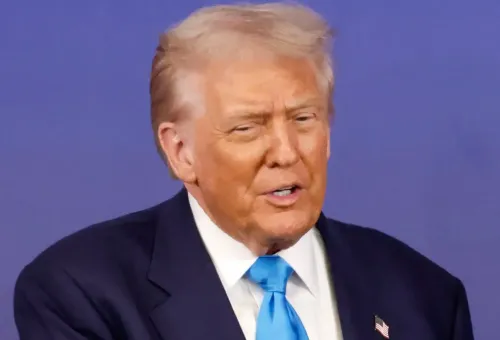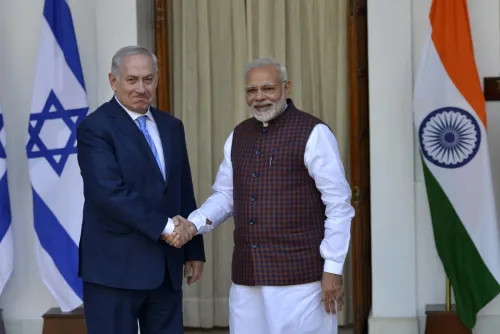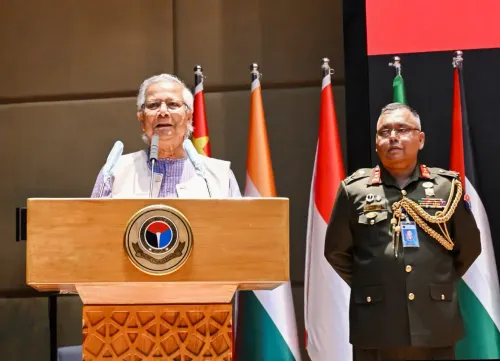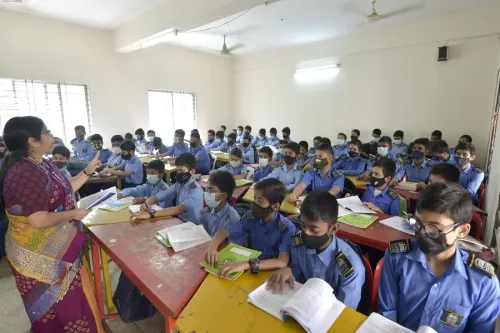South Korea Evaluates Responses to Trump's Tariff Policy
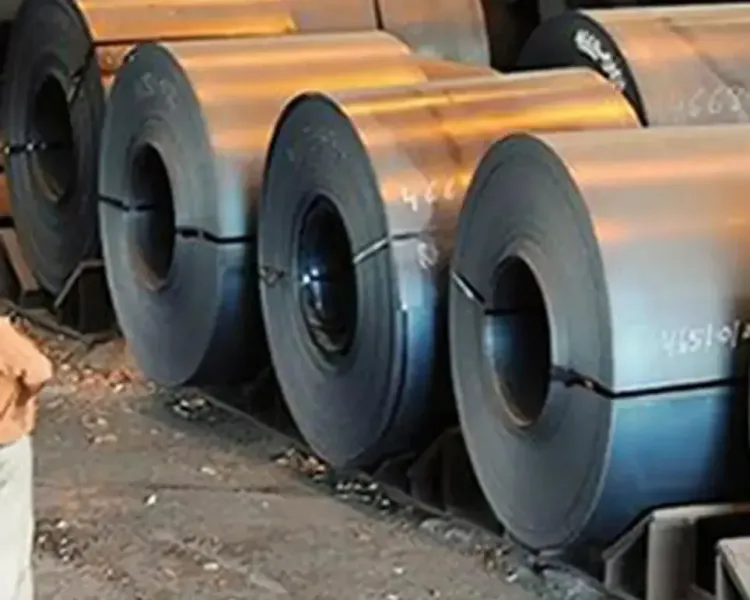
Synopsis
Key Takeaways
- Choi Sang-mok discussed tariff impacts on steel.
- Trump announced a 25% tariff on steel and aluminum.
- South Korea's stocks reacted with mixed performance.
- Industry officials are evaluating responses to tariffs.
- Samsung Electronics showed slight gains amid losses.
Seoul, Feb 10 (NationPress) Acting President Choi Sang-mok convened a meeting on Monday to explore strategies aimed at mitigating the repercussions on South Korea's steel and associated sectors in light of US President Donald Trump's recent tariff declaration, as reported by his office.
Trump previously announced that his administration would implement a new 25 percent tariff on all steel and aluminum imports, which includes imports from Canada and Mexico, effective from Monday (US time), with further import duties anticipated later this week.
The finance ministry detailed that Choi held discussions with the industry minister and other senior officials to evaluate the situation and devise a suitable response to the impending increase in US import tariffs. Additional specifics were not disclosed, according to reports from Yonhap news agency.
South Korean stocks showed little movement late Monday morning as gains in the tech sector balanced the downturns in steel and automotive shares, amid apprehensions regarding the effects of Trump’s extensive tariffs on these industries.
The benchmark Korea Composite Stock Price Index increased by 1.16 points, or 0.05 percent, to reach 2,523.09 as of 11:20 a.m.
The index initially opened significantly lower following the announcement of the 25 percent tariff on all steel and aluminum imports into the United States, alongside reciprocal tariffs that were to take effect almost immediately.
However, most initial losses were recovered through purchases by institutional and retail investors in prominent tech shares.
Shares of major companies displayed mixed results. Market leader Samsung Electronics saw a rise of 0.56 percent, while chip manufacturing giant SK hynix declined by 0.74 percent. Leading battery manufacturer LG Energy Solution gained 0.45 percent.
In contrast, the top steel producer POSCO Holdings dropped 1.26 percent, and Hyundai Steel fell by 2.48 percent. The leading automaker Hyundai Motor decreased by 0.5 percent, and its affiliate Kia plummeted by 2.59 percent. Additionally, major biotech stocks faced declines, with Samsung Biologics dropping by 0.26 percent, and Celltrion decreasing by 0.45 percent.

